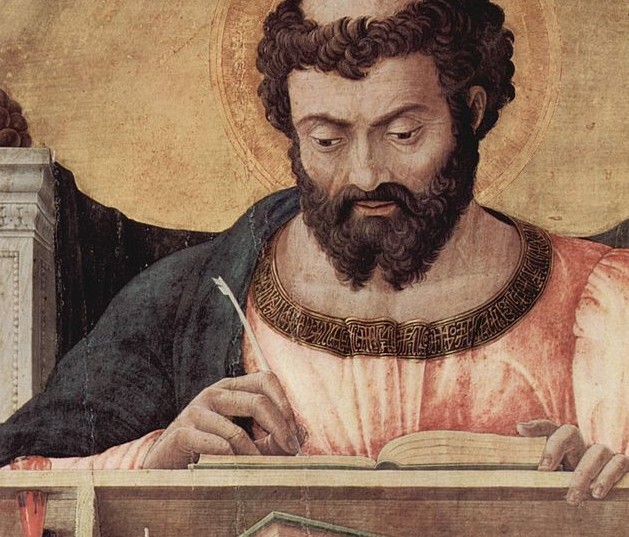 The State They Were in: Luke’s View of the Roman Empire
The State They Were in: Luke’s View of the Roman Empire
By Steve Walton
Rome in the Bible and the Early Church, ed. Peter Oakes (Carlisle, 2002)
Introduction: Scholars have long debated Luke’s view of the Roman empire – and for good reasons. Luke’s Jesus is silent in the face of his accusers before the Roman procurator Pontius Pilate, but in similar situations Luke’s Paul speaks up for himself and claims his rights as a Roman citizen. Luke alone records that Jesus had a Zealot among his disciples, but he portrays the early Christians as non-violent and compliant in the face of a sometimes-hostile state. Luke presents the Jewish authorities as responsible for the death of Jesus, but also implicates the Roman empire in Jesus’ demise by characterising Pilate as weak and ineffectual. Further, this is no mere academic debate, for similar tensions can be seen in Christian responses throughout history to nation-states whose attitudes vary from outright hostility through undermining by absorption to modern western pluralism.

 Within the New Testament there is a range of views of the state, from Paul’s apparently positive and ‘submissive’ view (Rom. 13:1-7) through 1 Peter’s concern to witness by being ready to suffer for doing right (3:13-17; cf. 2:13-17; 4:12-15) to the seer’s vision of the same Roman state as the beast that rises from the sea to oppose the people of God (Rev. 13). Presumably these varying approaches reflect the various situations of the writers and their readers. So where does Luke fit on this spectrum? In this chapter I shall briefly outline major views in scholarship before discussing key passages and themes in Luke-Acts, and critiquing the main views in the light of this examination. Finally, I shall propose a series of theses summarising Luke’s view of how Christians should see the Roman state.
Within the New Testament there is a range of views of the state, from Paul’s apparently positive and ‘submissive’ view (Rom. 13:1-7) through 1 Peter’s concern to witness by being ready to suffer for doing right (3:13-17; cf. 2:13-17; 4:12-15) to the seer’s vision of the same Roman state as the beast that rises from the sea to oppose the people of God (Rev. 13). Presumably these varying approaches reflect the various situations of the writers and their readers. So where does Luke fit on this spectrum? In this chapter I shall briefly outline major views in scholarship before discussing key passages and themes in Luke-Acts, and critiquing the main views in the light of this examination. Finally, I shall propose a series of theses summarising Luke’s view of how Christians should see the Roman state.
Click here to read this article from Steve Walton’s website
Sponsored Content


By Steve Walton
Rome in the Bible and the Early Church, ed. Peter Oakes (Carlisle, 2002)
Introduction: Scholars have long debated Luke’s view of the Roman empire – and for good reasons. Luke’s Jesus is silent in the face of his accusers before the Roman procurator Pontius Pilate, but in similar situations Luke’s Paul speaks up for himself and claims his rights as a Roman citizen. Luke alone records that Jesus had a Zealot among his disciples, but he portrays the early Christians as non-violent and compliant in the face of a sometimes-hostile state. Luke presents the Jewish authorities as responsible for the death of Jesus, but also implicates the Roman empire in Jesus’ demise by characterising Pilate as weak and ineffectual. Further, this is no mere academic debate, for similar tensions can be seen in Christian responses throughout history to nation-states whose attitudes vary from outright hostility through undermining by absorption to modern western pluralism.
Click here to read this article from Steve Walton’s website
Sponsored Content